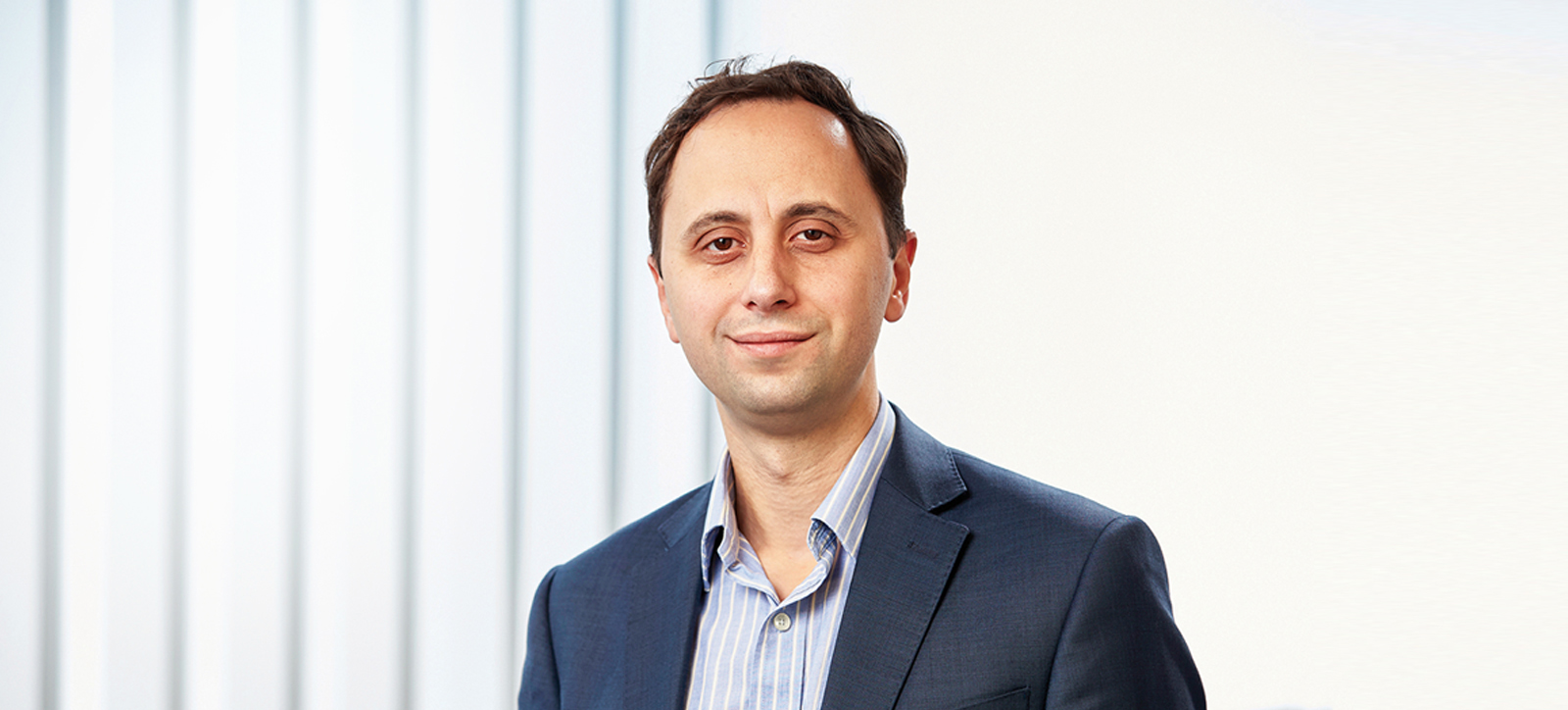
- Behavioural science being used in NHS response to pandemic
- Ivo Vlaev part of the COVID Behaviour Change Unit advising the NHS
- The unit embeds behavioural science into policy decisions
- It uses research to aid compliance of social distancing rules
Ivo Vlaev, Professor of Behavioural Science, has been helping the UK tackle the pandemic as part of the National Health Service’s (NHS) COVID Behaviour Change Unit.
The COVID Behaviour Change Unit (CBU), led by Matthew Cripps, Director of Sustainable Healthcare, NHS England and NHS Improvement, provides evidence-based advice to enhance the impact of the UK’s COVID-19 response.
Professor Vlaev’s research in applying behavioural science insights or ‘nudges’ to alter people’s behaviour in health situations has seen his expertise become invaluable during the coronavirus crisis as the NHS tries to enforce social distancing guidance.
“As part of the CBU we have strongly encouraged policymakers to make sure that behavioural science is embedded into all elements of the national COVID-19 response so as to avoid any unintended consequences from guidance, publications, policies, models and processes,” said Professor Vlaev, (pictured) who has worked with the UK Cabinet Office’s Behavioural Insights Team or ‘Nudge Unit’ as it is more popularly known.
“We have given rapid advice to tailor guidance, communications and policies. This draws on evidence about how people actually behave to make public interventions more effective.
“Many of the challenges in responding to COVID-19 are fundamentally behavioural, such as ensuring the public comply with self-isolation. We have also applied a behavioural lens to help understand the barriers and improve outcomes.”
The CBU’s main expertise includes clinical insight, behavioural science and process engineering. There is a team of clinicians with a range of medical (primary and secondary care), dental and surgical backgrounds.
The team has experience working with national healthcare organisations (including regulation, education and policy). The multi-disciplinary team work to ensure that guidance, publications, policies, models and processes related to the COVID-19 response are clinically accurate, underpinned by behavioural science and include efficient processes.
Its work has centred around four core workstreams that aim to reduce the spread of COVID-19, increase the UK’s level of preparedness, optimise existing resources and enhance population health and wellbeing. For example, building effective processes ensures healthcare teams work in the most efficient way by providing a clear set of steps against which key decisions are structured, roles defined and tasks allocated.
Another example is working on the NHS ‘Open for business’ campaign as the pandemic has resulted in a decrease in people attending hospital for a range of serious conditions that are not related to coronavirus. The CBU has used insights from behaviorual science to help reassure the public that the hospital is the best place for them if they have been instructed to attend by their GP, NHS 111 or a clinician.
Professor Vlaev, who is also a member of the UK Cabinet Office’s What Works Trial Advice Panel and the Behaviour Insights Expert Advisory Group for the UK Government’s Department of Health and Public Health England, said the CBU has worked on the messaging for digital communications, posters and leaflets from the NHS during the pandemic.
“We have also worked with the BBC on developing a wellbeing platform for the public during the crisis,” said Professor Vlaev. “It has been designed as a one-stop shop for community wellbeing resources during COVID-19.
“It has been full of relevant COVID-19 themed resources and advice that is suitable for all age groups and abilities. Importantly the content is endorsed by the NHS and widely available as it is hosted and supported by the BBC.
“It supports the public in making responsible decisions and aims to reduce the background ‘non-COVID-19’ demands on the NHS as we tried to encourage the public to stay indoors.”
The unit is currently working on identifying how hospitals can optimise their resources in response to a COVID-19 surge based on current experiences.
Professor Vlaev added: “We are also helping to prepare the NHS workforce, for example, by preparing guidance to help them reduce COVID-19 transmission from healthcare settings to home, and by finding ways to improve healthcare workers’ resilience and wellbeing.”




 X
X Facebook
Facebook LinkedIn
LinkedIn YouTube
YouTube Instagram
Instagram Tiktok
Tiktok